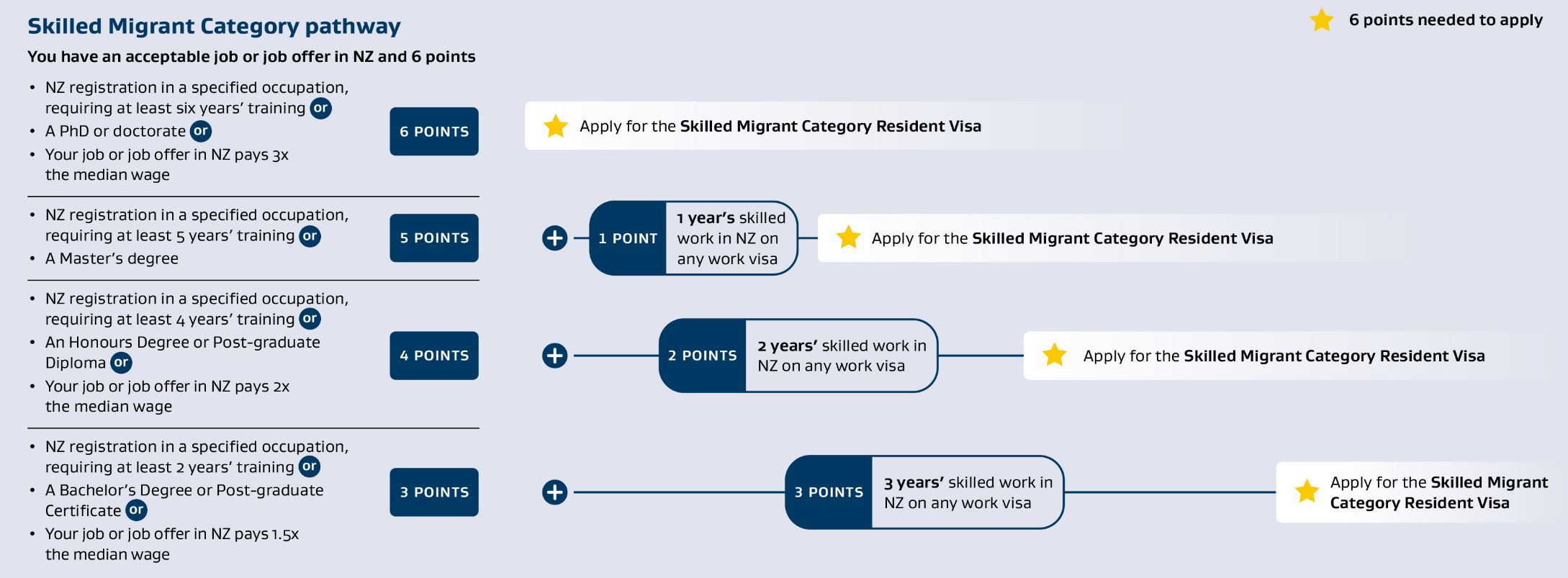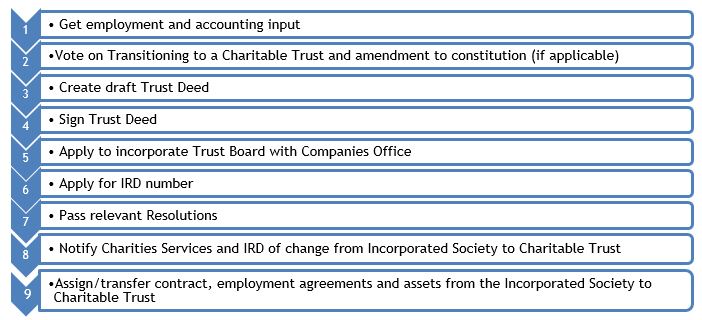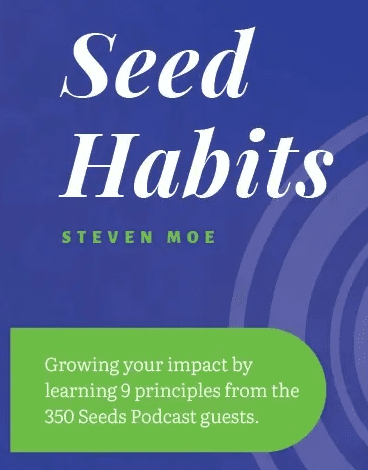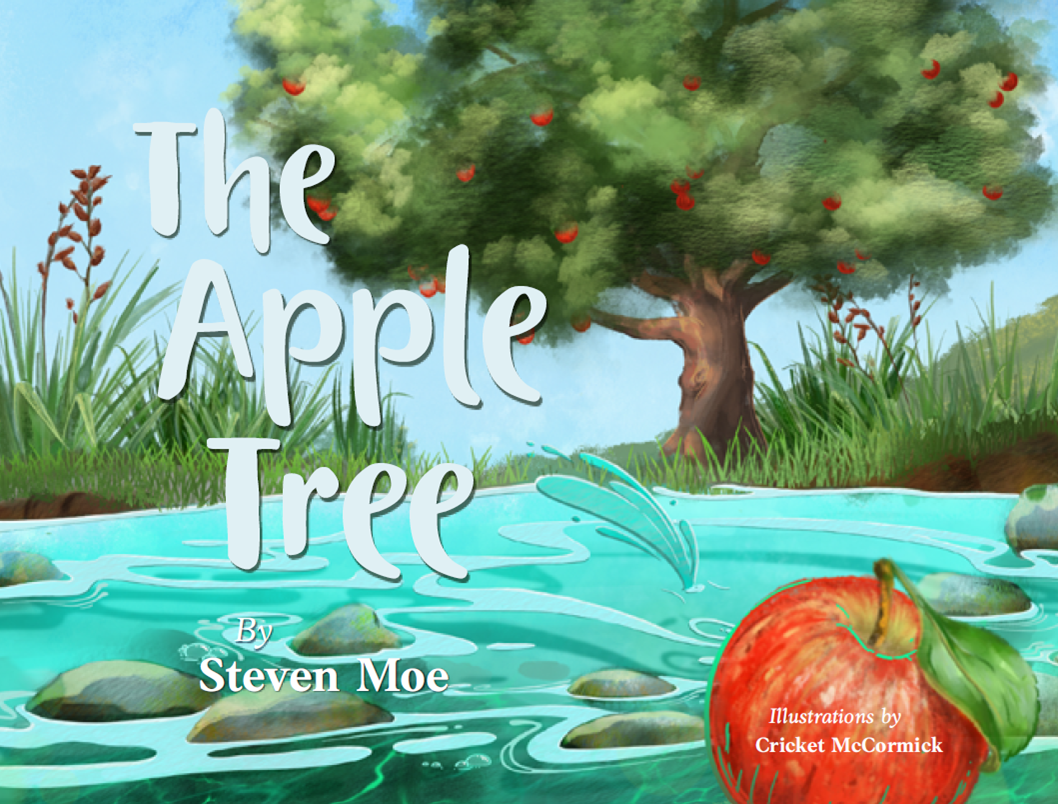On 21 June 2023, the Government announced a simplified points system for the Skilled Migrant Category (“SMC”) as part of the immigration rebalance.
In summary, what is changing?
1) The points system is changing. You will need 6 points to apply.
2) To apply, you must have skilled job or job offer with an accredited employer in New Zealand to apply. There was no such requirement under the old system.
3) There will be no cap under the new SMC system – see below.
4) A Skilled Migrant Category Interim Visa will be introduced – see below.
What is a “skilled” job or job offer?
For your job or job offer to be considered skilled, you must be suitably qualified and your job or job offer must:
- Be with an accredited employer in New Zealand;
- Guarantee at least 30 hours per week;
- Pay:
- At or above the median wage (currently $29.66 an hour) where it is an ANZSCO Level 1 to 3 occupation; or
- 1.5 times the median wage (currently $44.49 an hour) where it is an ANZSCO Level 4 to 5 occupation;
- Be a permanent contract or fixed-term for at least 12 months.
How does the new point system work?
You will need 6 points to apply. You can claim 6 points from:
- One of the following skill categories:
- Your New Zealand occupational registration;
- Your qualification;
- Your income from your job or job offer (earning at least 1.5 times the median wage in New Zealand);
(“skill points”)
- And your skilled work experience in New Zealand.
(“skilled work in New Zealand points”)
See Immigration New Zealand’s summary below.

How many New Zealand occupational registration points can I claim?
You can claim between three to six New Zealand occupational registration points.
For occupational registrations which require more training, you can claim more points. For example:
- A Registered Nurse can claim 3 points;
- A Midwife can claim 4 points;
- A Dentist can claim 5 points; and
- A Medical Practitioner can claim 6 points.
How many qualification points can I claim?
You can claim between three to six qualification points as per the following:
| Points |
Qualification |
| 6 |
Level 10 Doctoral Degree |
| 5 |
Level 9 Master’s Degree |
| 4 |
Level 8 Bachelor Honours Degree
Level 8 Postgraduate Diploma |
| 3 |
Level 8 Postgraduate Certificate
Level 7 Bachelor’s Degree |
Your qualification must be:
- A New Zealand qualification; or
- An overseas qualification on the List of Qualifications Exempt from Assessment; or
- An overseas qualification which has been evaluated by the New Zealand Qualifications Authority.
How many income points can I claim?
You can claim three, four or six income points as per the following:
| Points |
Income |
| 6 |
3 x the median wage (currently $88.98 an hour) or more |
| 4 |
2 x the median wage (currently $59.32 an hour) or more |
| 3 |
1.5 x the median wage (currently $44.49 an hour) or more |
To claim income points your job or job offer must:
How many skilled work in New Zealand points can I claim?
To claim skilled work in New Zealand points, the skilled work experience must:
- Have been in New Zealand;
- Have been at least 30 guaranteed hours per week;
- Have paid:
- At or above the median wage where it is an ANZSCO Level 1 to 3 occupation; or
- 1.5 times the median wage where it is an ANZSCO Level 4 to 5 occupation.
You can claim 1 point per year, up to a maximum of 3 points.
Has there been any change to English language requirements?
No. These requirements have not changed. See https://www.immigration.govt.nz/new-zealand-visas/preparing-a-visa-application/english-language/acceptable-english-language-test-results/english-language-test-results-for-residence-visas.
Has there been any change to age requirements?
No. As with the old system, you must be 55 years and under to apply.
What about health and character requirements? Will they be changing?
No. They will stay the same.
How many visas are there under the new SMC system?
There is no cap under the new SMC system. As long as you meet the criteria, your visa application will be approved.
What long will it take Immigration New Zealand to process visa applications under the new SMC system?
Immigration will New Zealand aim to process straightforward and complete applications within 6 to 8 weeks. However, where Immigration New Zealand ask other organisations for information (third party checks), it will take more time. Immigration New Zealand cannot control how long third party checks take.
What if my temporary visa expires while my SMC application is in progress?
An interim visa (the Migrant Category Interim Visa) will be introduced for people applying under the new SMC system.
Your Skilled Migrant Category Interim Visa will be granted automatically and will come into effect the day after your current visa expires.
Your Skilled Migrant Category Interim Visa conditions will be the same as conditions as you currently hold.
Your Skilled Migrant Category Interim Visa will expire the soonest of:
- 24 months after it comes into effect;
- The date your Skilled Migrant Category Resident Visa application is approved; or
- Where the visa application is declined or withdrawn, 2 months after the decision is made.
When are these changes effective from?
The changes will be effective from 9 October 2023.
However, you may still apply under the old SMC system where:
- You submitted an Expression of Interest before 11:59pm on 15 August 2023; and
- You have been invited to apply.
Why the changes?
The Government is introducing these changes to:
- Not give skilled migrants false hope about gaining residence in New Zealand by providing clarity;
- Process applications faster;
- Reduce New Zealand’s reliance on lower-skilled migrant workers and encourage employers to offer competitive wages; and
- Retain skilled migrants to fill medium-to-long-term skills needs that would take time to fill by workers already in New Zealand.
Please note that this article not a substitute for legal advice and you should contact your lawyer about your specific situation. Please contact us by email immigration@parryfield.com or by phone 03 348 8480, if you have any questions.


 Initially Maria studied law part-time and says once she’d completed her degree it was clear it wasn’t planning but the law itself that became her main interest.
Initially Maria studied law part-time and says once she’d completed her degree it was clear it wasn’t planning but the law itself that became her main interest.



